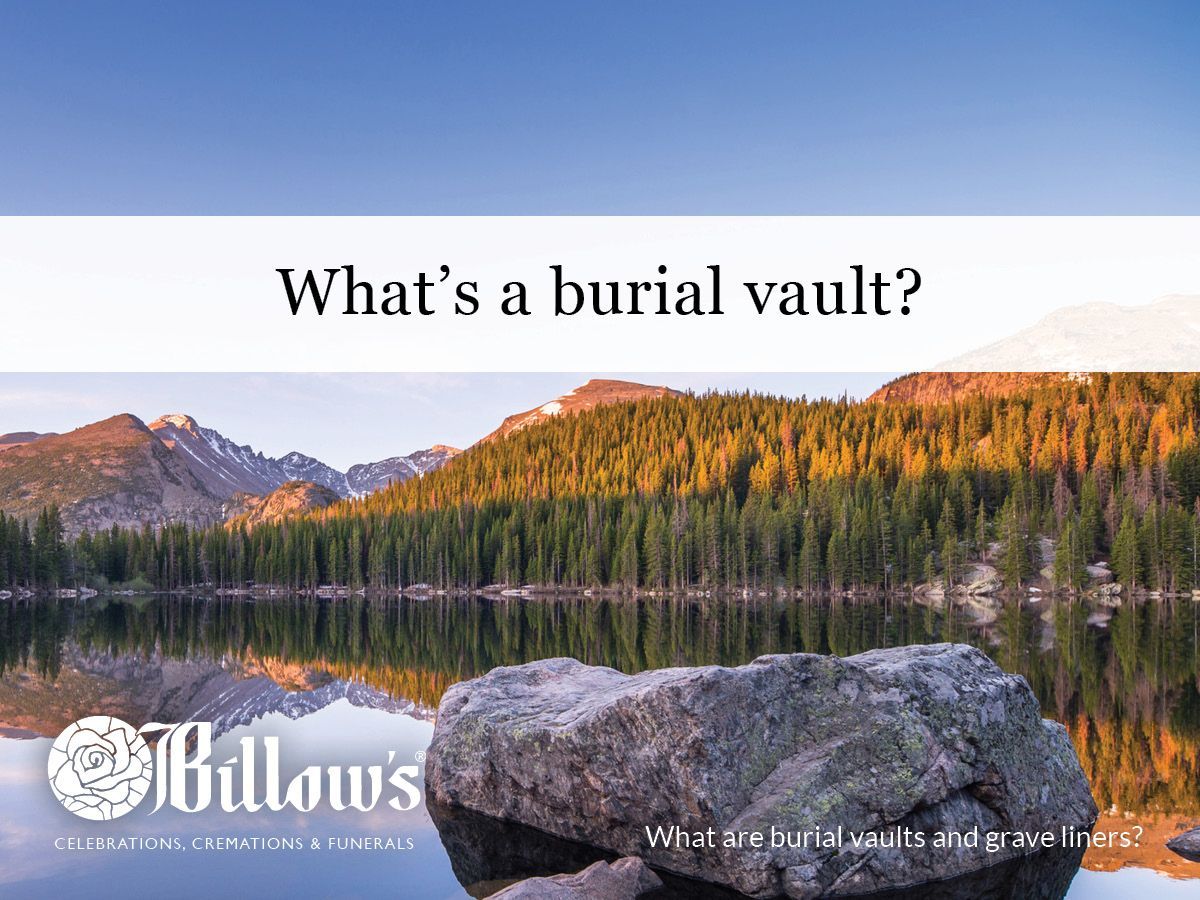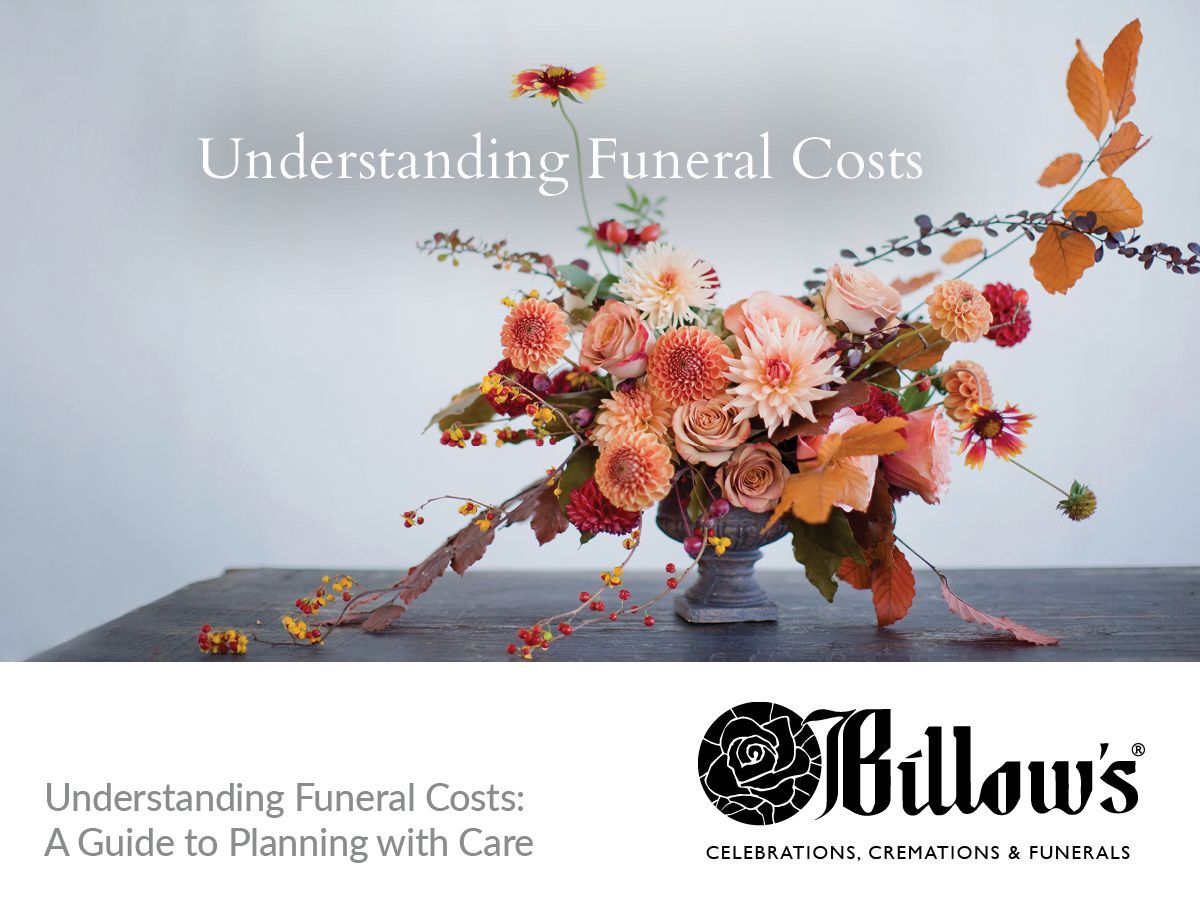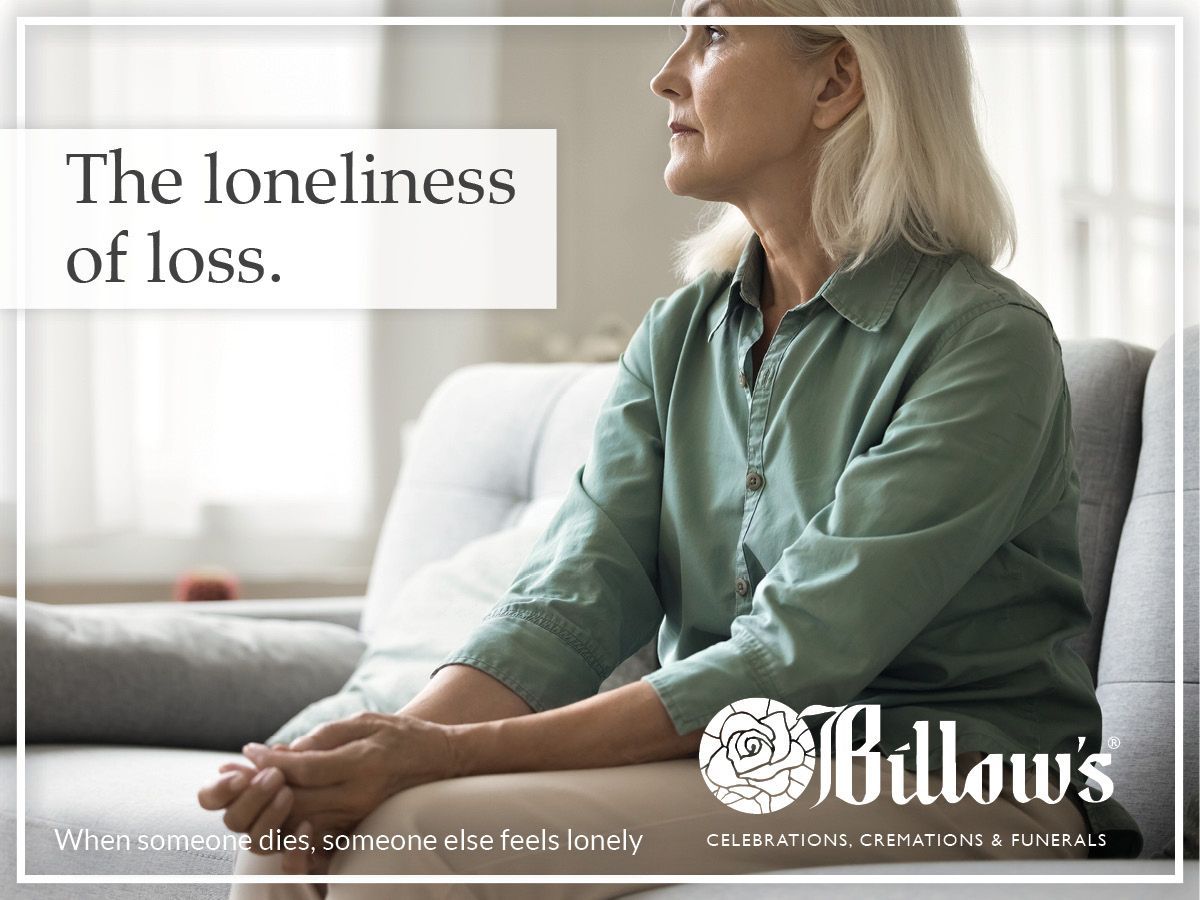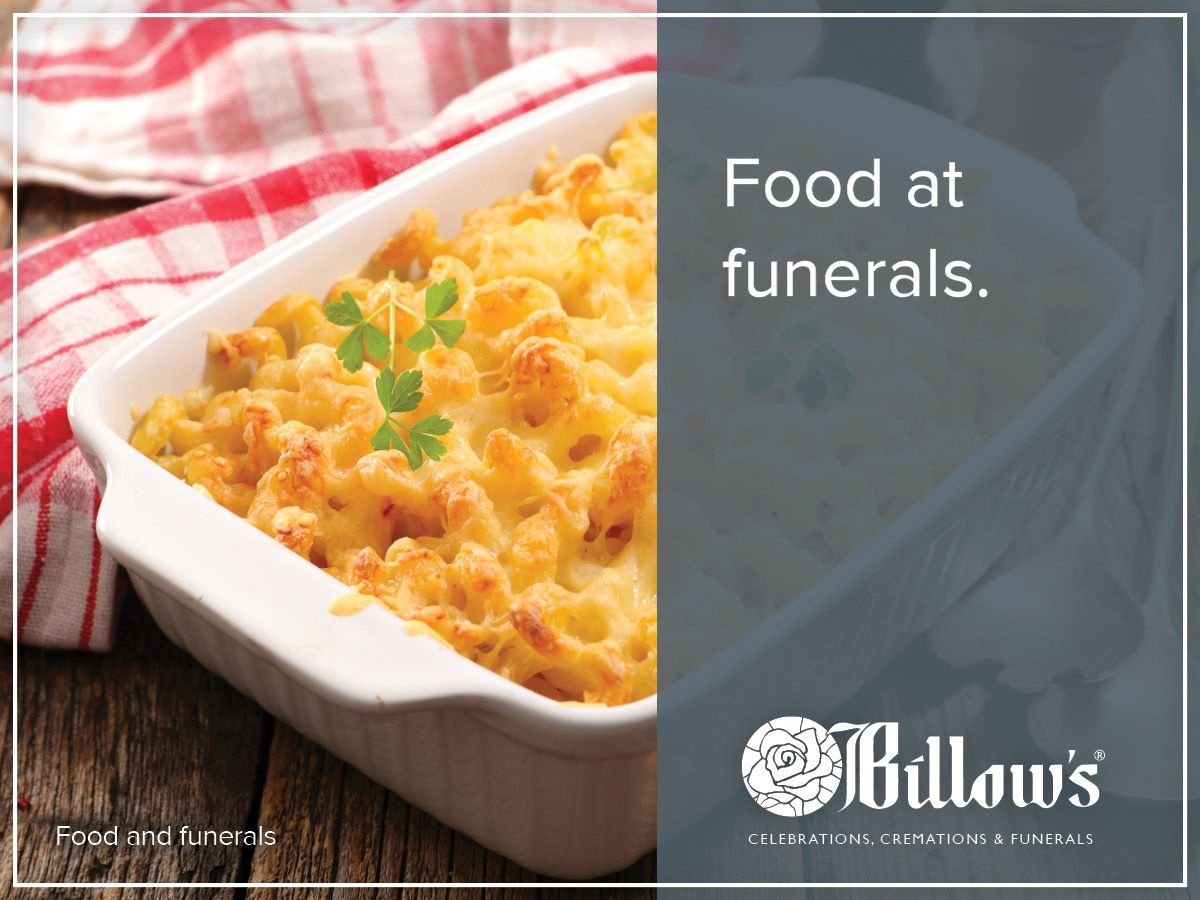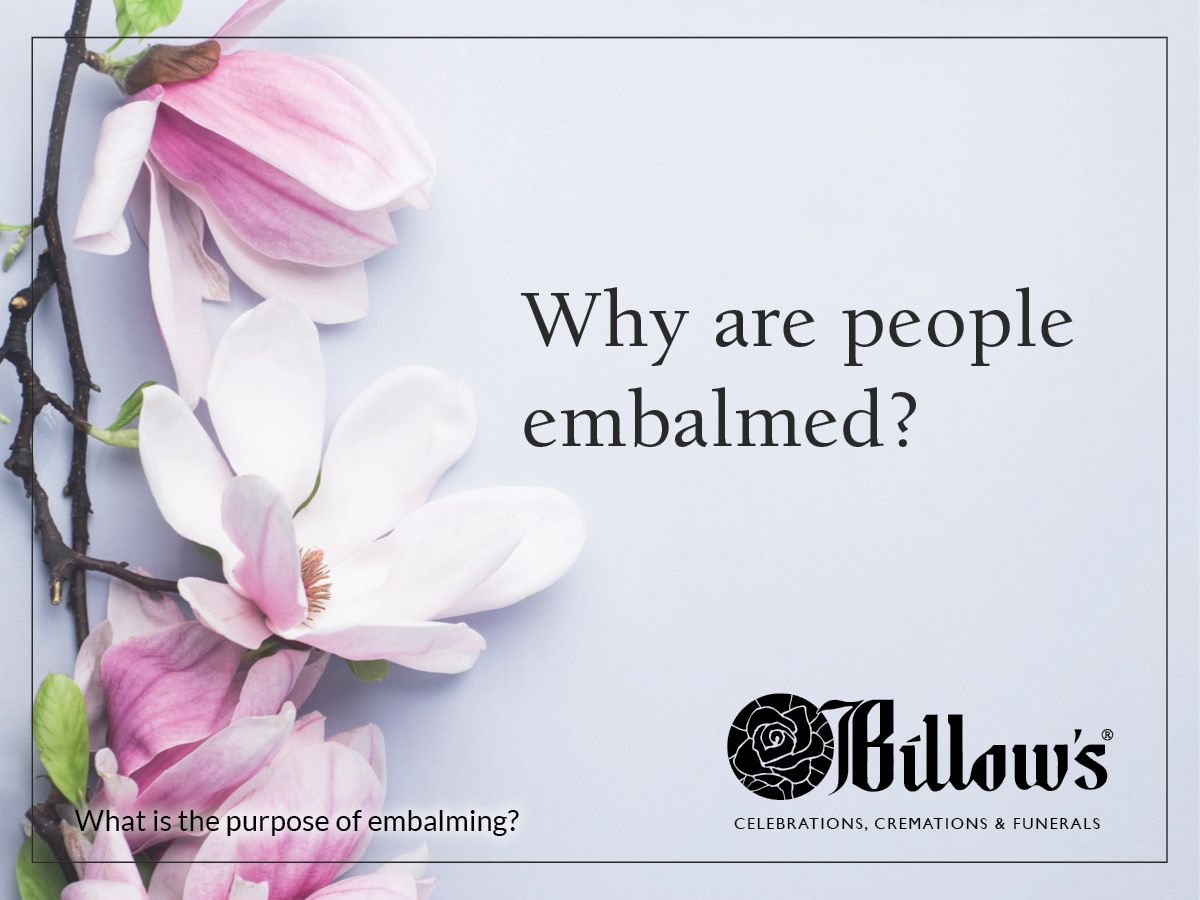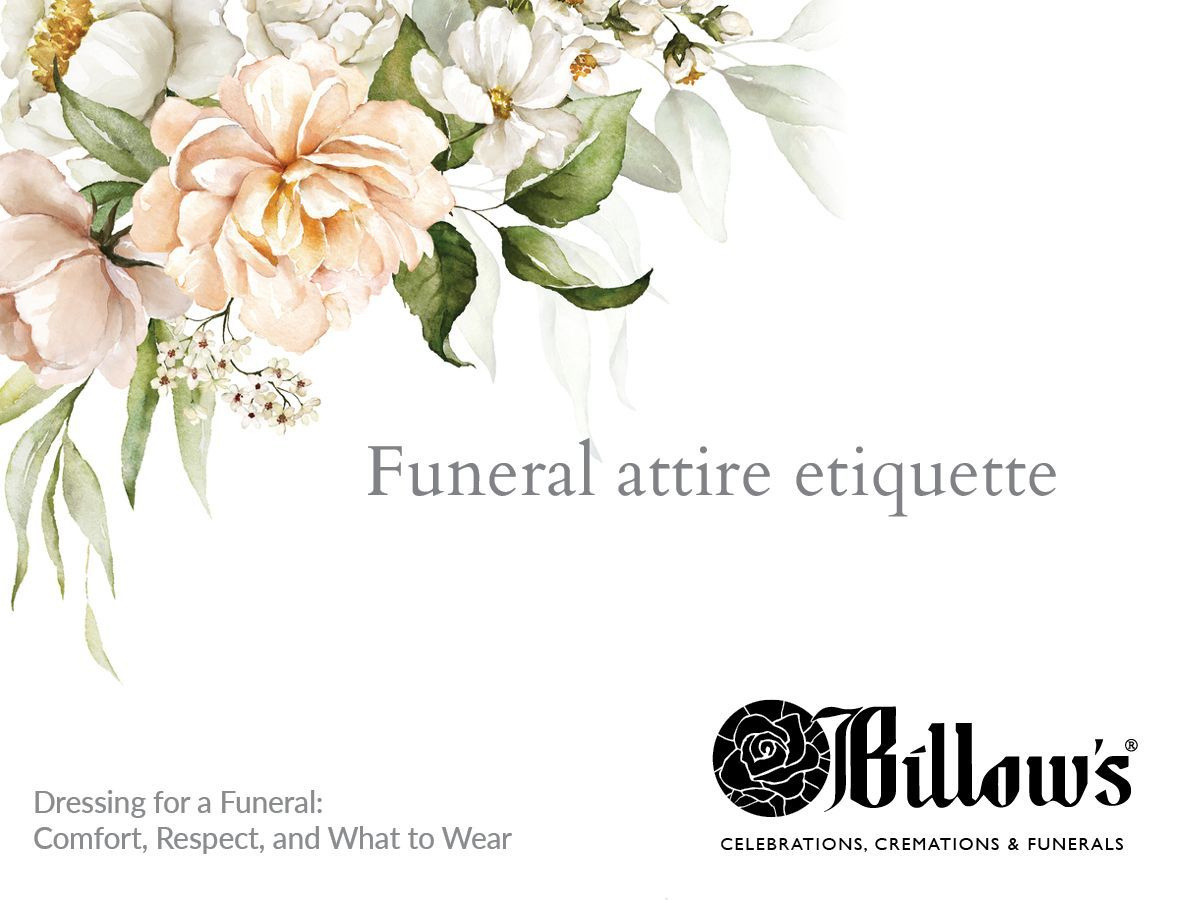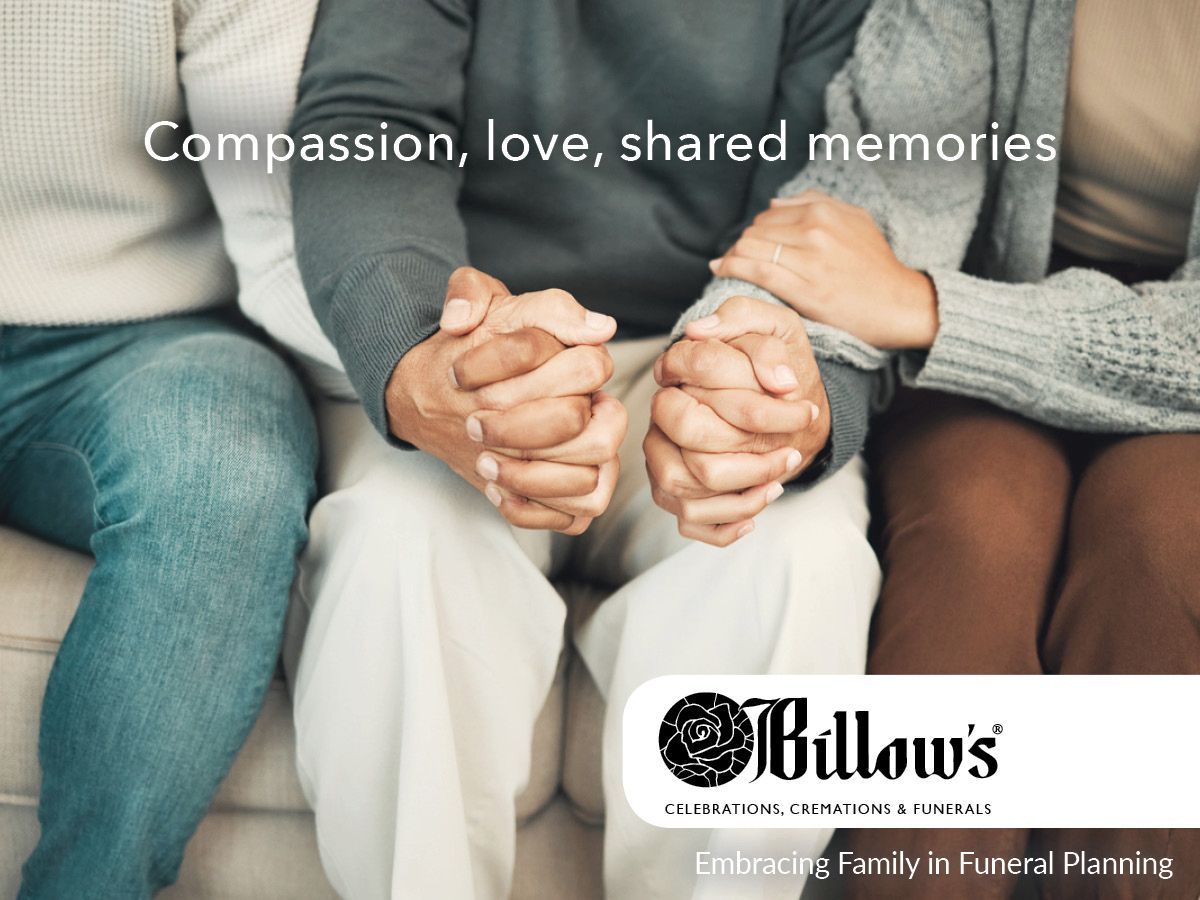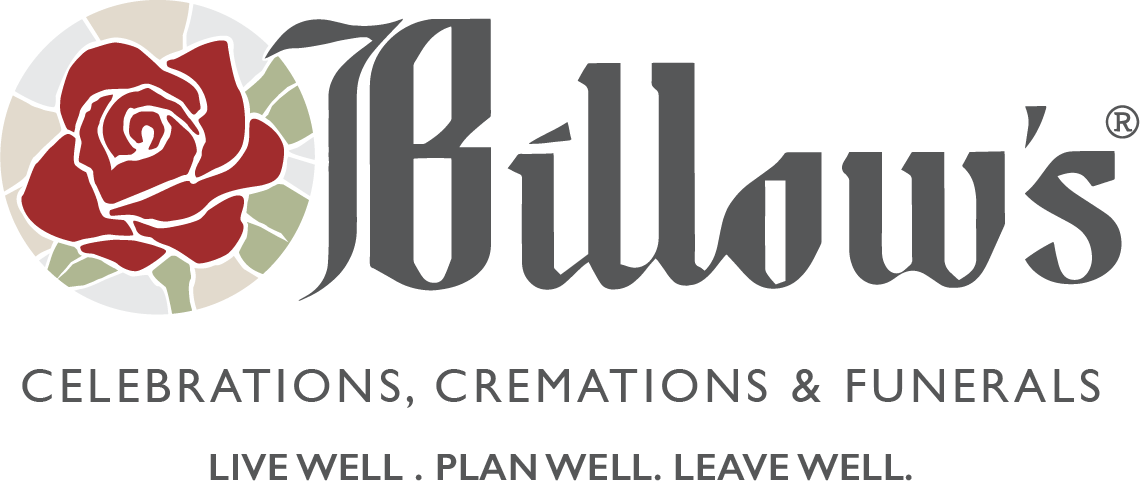Who Pays for Funerals that Aren’t Pre-Planned?
When it comes to paying for funerals, there’s often a lot of confusion around who is responsible for covering the costs. The answer can be a bit complicated. When your loved one did not do any pre-planning for their funeral, who pays for the service and disposition?
Who pays for funerals that aren’t pre-planned?
First, it’s essential to understand that pre-planning doesn’t necessarily mean that a funeral is already paid for. Funeral homes offer people the ability to plan for their funerals without them paying for those plans in advance. It’s possible that your loved one pre-planned without pre-paying, which is a gift in itself. Whether your loved one planned but didn’t pay or if they didn’t plan at all, the financial burden typically falls to the same place.
The only person legally responsible for paying for a funeral is the person who signed the contract with the funeral home. In most cases, the funeral cost will come from the decedent’s estate. Their savings, property, and other assets will be used to cover the cost. But if the assets are not enough to pay the full price, the expenses fall to the executor of the decedent’s estate, as designated in their will. Most often, the executor is a spouse or another close relative. If there’s no executor in the will, a probate court will appoint someone, usually the closest living relative.
While, legally, the only person responsible at this point is the executor, they may need financial assistance. If there were no pre-paid accounts or insurances, the executor would have to find a way to pay themselves. If there is insufficient money in the decedent’s assets, the executor will turn to other sources to help them. Immediate and extended family often will pay what they can, but the executor still may need additional help.
It’s not uncommon for a funeral to cost upwards of $7,000, which may be a high price for the average family. Some executors may take out a funeral loan to help cover the cost, but that might not be an option for a variety of reasons. Another way to pay for funerals is by resorting to crowdfunding. Using sites like GoFundMe allows more people to offer their assistance, even people you might not have known that your loved one knew. GoFundMe pages can be shared online, and those campaigns can spread farther than you may think. Talk to your funeral director to learn if the funeral home offers a crowdfunding platform.
But what should you do if there’s still just simply not enough money to cover the cost of a funeral? You can contact funeral assistance programs to help. Local and national charities exist to help with unexpected funeral costs. You also may be able to receive some assistance from the government. The Social Security Administration provides a small one-time death benefit to a surviving spouse or child. If your loved one passed as a result of a natural disaster, the Federal Emergency Management Agency may be able to help.
How can you plan ahead?
If you don’t pre-plan your funeral, your family will be the ones to make the decisions regarding your funeral and disposition. And if you don’t plan ahead for payment options, it’ll be up to the executor in your will to figure out how to cover expenses, which means that your family will likely end up paying however they can. But you have many options to pay into your funeral expenses ahead of time, saving your family from the financial burden.
One option is using insurance. Although many people think that their life insurance policy is enough to cover all of their final expenses, this is often not the case, and families end up paying for funerals out of pocket instead. With pre-need insurance, you’ll work with your chosen funeral home to decide on all the details of your funeral and disposition. From there, you’ll essentially pre-pay for the funeral of your choice. When you pass, the insurance will pay out to the funeral home, and they’ll enact your plans. When you purchase pre-need insurance, the funeral home will usually offer you a variety of payment plans to choose from, including the option to pay for the funeral in full.
Pre-need insurance is usually transferable or adjustable, if the need for changes arises. The beneficiary of pre-need insurance is always the funeral home because they are obligated to provide the goods and services agreed to by the decedent. Those funds ensure that the funeral that was planned is the funeral that is held. Final expense insurance is an option that pays out the death benefit to whomever you designate. That person will then have the ability to use the money to pay for the funeral, but it often ends up being used for other end-of-life costs, like medical debt.
If you so choose, you can name the funeral home as the beneficiary of final expense insurance as well. Doing so is called making an assignment. When you make an assignment, the death benefit will go to the funeral home to pay for the cost of the funeral and disposition. But after those have been paid off, the remaining funds will go to your family. Although uncommon, some people may not qualify for final expense insurance due to a terminal illness, in which case, pre-need insurance may be the best option, as everyone is eligible for it regardless of health condition.
However, you may decide to forgo the insurance route. You could instead set up a trust or a payable on death account. In fact, in some states, because the law prevents pre-need insurance, a trust or payable on death account may be your primary option. For a funeral trust, you’ll work with a funeral home to set one up. You’ll then begin paying into the account for the funeral home to access when it’s time to have your funeral. Like pre-need insurance, a funeral trust’s beneficiary is the funeral home. If you decide to go with a payable on death account, you’ll set one up with your bank instead of the funeral home. As the name implies, the account becomes payable to the person of your choosing in the event of your death.
Planning ahead and paying ahead can save your family from future stress and financial burden. When you pay in advance, your family will know exactly what you wanted in your funeral, saving them from the worry of wondering if they’re paying for the right things later on. You have many options when it comes to pre-paying for your funeral. Talk to your funeral director about how you can pay for your funeral in advance. However you choose to pay for your funeral now, you’ll be helping your family later.
If you’ll end up being an executor yourself, be sure that you know your loved one’s payment plans. Talk to them about the accounts, trusts, and insurances they’ve taken out, and be sure that you know how to access them when the time comes.

